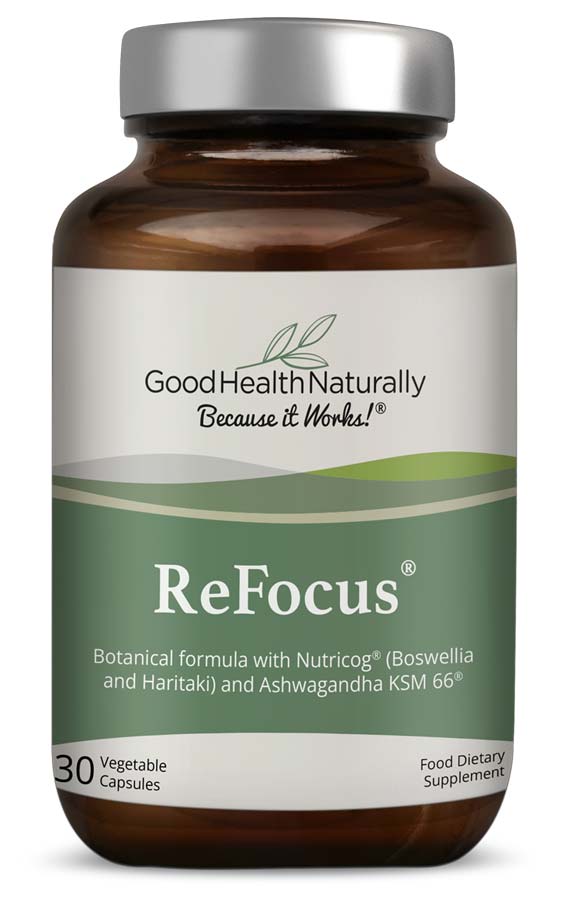After our lighthearted dive into Halloween traditions, tricks and treats, we’re shifting gears to focus on a topic that touches all of us: stress. While we may not be chased by ghosts and ghouls daily, modern life presents its own challenges that can feel equally intense. Work demands, family responsibilities, financial pressures, and even our digital lives all add up, creating a cumulative strain on our minds and bodies. Stress Awareness Week (Nov 6-10) reminds us that this constant tension is more than just “feeling overwhelmed.”
Recent studies reveal that 77% of people experience stress that impacts their physical health and that 48% struggle with stress-related sleep issues. Chronic stress doesn’t just affect mood—it also disrupts heart health, immunity, digestion, and even the brain’s natural wiring. A closer look at how stress affects us biologically can provide insight into practical ways to bolster our resilience, helping us handle life’s challenges more effectively.
Why Stress is More Than “Just a Feeling”—A Deeper Look at Its Effects
Stress is, at its core, a survival mechanism. But modern pressures can turn what should be a short-term response into a long-lasting state of strain. The statistics are eye-opening: According to a recent survey, 83% of working professionals report feeling stressed at work, and more than half say they feel physically drained by the end of each day. With 75% of doctors’ visits tied to stress-related issues, this ongoing strain impacts mental health and physical well-being in significant ways.
Stress isn’t just mental; it’s biological, and it affects nearly every system in the body. When we’re under stress, the hormone cortisol is released, preparing us to handle immediate challenges. But, prolonged cortisol release can disrupt the immune system, digestive health, sleep patterns, and more. Chronic stress is even associated with inflammation—a known risk factor for conditions such as heart disease, diabetes, and autoimmune disorders.
Building Resilience with Natural Support
Since managing stress is as much about prevention as it is about treatment, small lifestyle shifts and natural solutions can make a significant difference. Research continues to reveal how diet, exercise, and mindfulness play essential roles in reducing stress and its effects on the body. Simple acts, like establishing a consistent sleep schedule or incorporating meditation into daily routines, have shown measurable benefits for managing cortisol levels and boosting mood.
For those seeking additional support, natural supplements with a calming effect on the nervous system—such as magnesium and adaptogenic herbs like Ashwagandha—are promising. Magnesium, known as nature’s relaxant, is involved in hundreds of biochemical reactions in the body, many of which directly combat stress and promote calm. Ashwagandha, meanwhile, is renowned for helping the body “adapt” to stress, and studies suggest it may help regulate cortisol levels over time. For energy and mental clarity, especially under stress, B vitamins can be invaluable, supporting cognitive resilience and helping maintain an even energy flow.
Bringing Awareness to Stress and Embracing Resilience
Stress Awareness Week gives us a perfect moment to check in on our mental and physical health and to take small but effective steps toward a more balanced life. So, as we leave behind Halloween’s festivities and move toward a season often marked by increased demands, consider this week as an opportunity to explore ways to nurture your body and mind. Whether through lifestyle changes, natural supplements, or simply setting aside a little more time to unwind, there’s always room to support our well-being with tools that promote calm, resilience, and inner balance.
|
Ancient Magnesium® Oil Ultra 200ml |
ReFocus® |
B4Life |
 |
 |
 |




